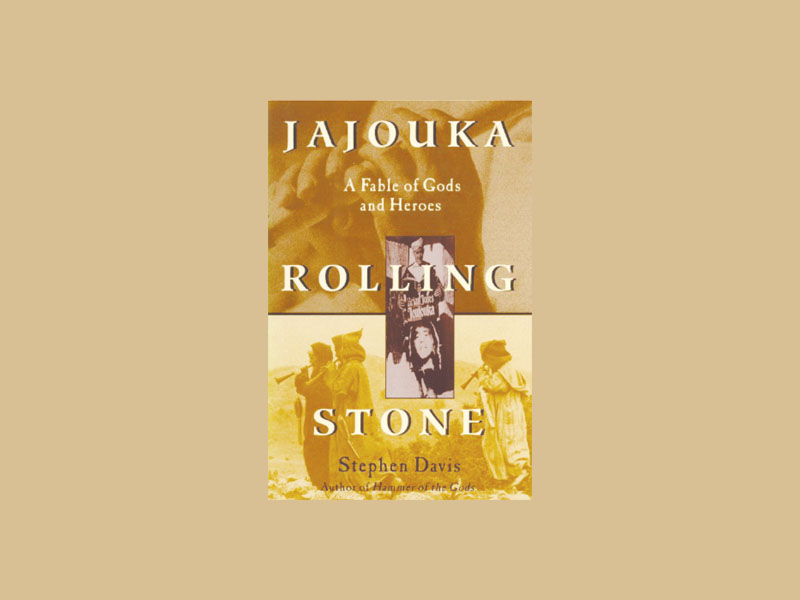Moroccan Music in Jajouka
Issue 22

Jajouka, which is located on the sides of the Qasr Al Kabir in northern Morocco, has a population of 500,000. Its houses are painted a bright white with blue windows and doors, and cacti, olive trees and rocks surround the village. With its ancient history, this village and its music, language and customs are a model for anthropological study.

The village’s music reflects the tribal and ethnic diversification of ancient Morocco. A major part of Moroccan and African folkloric culture, the music reflects the long history of the original Moroccans.
Some historians associate Jajouka’s music with Sidi Ahmed, the Sheikh referred to as the village’s founder and the man who brought Islam to the village. Considered one of the greatest philosophers and a talented poet, he was the first to combine music with his poetry and introduce it to the village.
The art of playing music for Jajouka’s bands is related to Sufism and paganism. The bands would play drums, flutes, the riq, (a kind of tambourine), and the harp for hours. After a long period of playing music, they would start singing, and the singer and the audience would enter into a trance state. The villagers and fans believe the music has magical and healing abilities.
The use of music as a form of treatment spread to neighboring villages, and people who were paralyzed, mentally ill or impotent used to make pilgrimages to Jajouka hoping to be healed by the Sufi rhythms and the blessings of Sidi Ahmed Sheikh.
The spiritual and healing rhythms are not the only characteristics of Jajouka’s music; musicians were also very important in rural and ethnic customs and traditional dances. The dancer, who wears a goatskin, is usually referred to as ‘Bu Julud’, (one who is covered in skins). Bu Julud is a symbol of fertility, and if Bu Julud touched a woman with an olive branch during the dance, she would become fertile.
Said Bu Krami
Morocco


































































